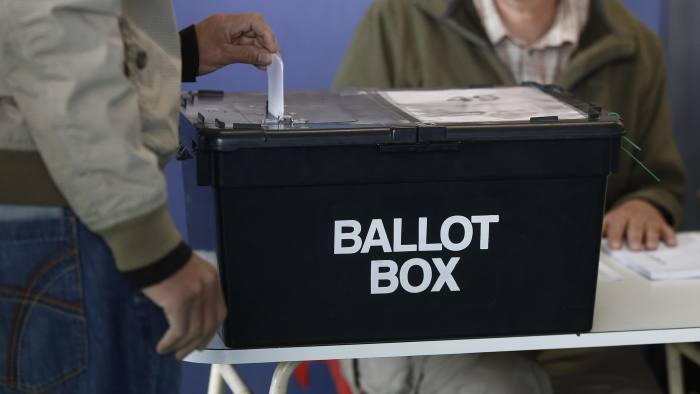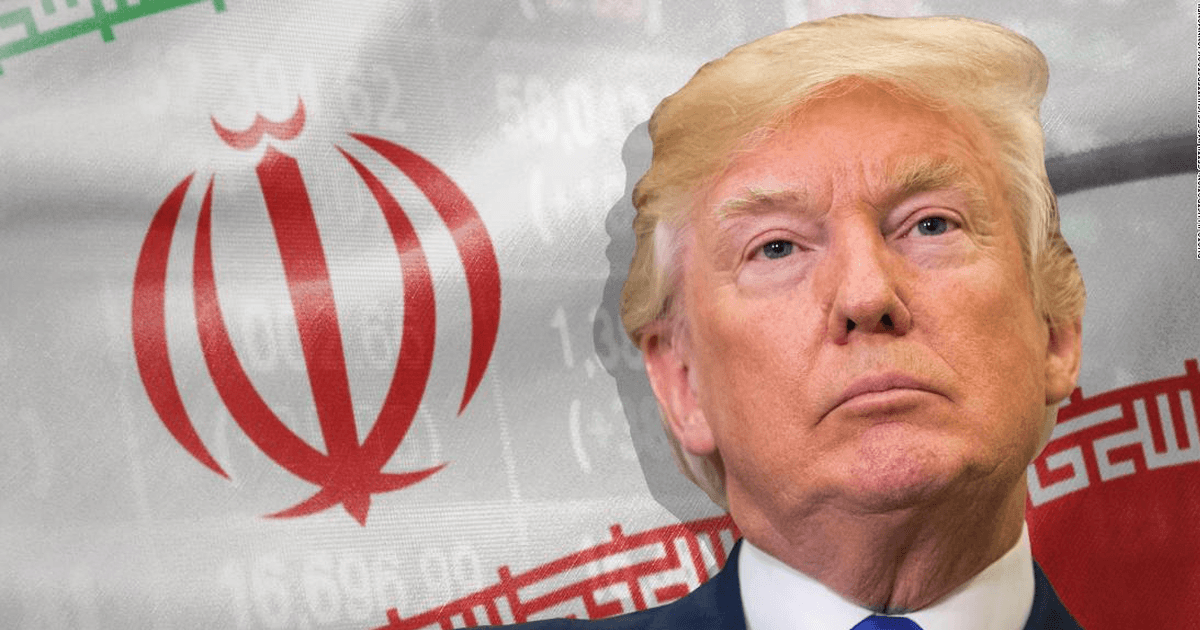For Karl Marx (1818-1883) the major cause of poverty is inequality or uneven distribution of wealth and income. Applying his thoughts in the political arena would reveal many parallels. For instance, freedom – a fundamental pillar of any democracy, is not equally available to those who are unequal economically and socially. No wonder in highly unequal societies democracy has massively enriched the already rich people and simultaneously caused massive deprivations. There also appears a strong co-relation between protests on streets and the quality of state institutions.
For example, as inequality deepened in the USA, the quality of freedom and democracy declined too. The emergence of Mr. Trump appears to have a direct relationship with rising inequality and unemployment, equally, the rise of resistance movements (like Black Lives Matter) against the repressive apparatus of the USA State is also a sign of resistance against structural violence i.e.discrimination and oppression.
Read more: Obama reprimands Trump as unfit, calls on Americans to fight for US democracy
Is American democracy declining?
Also, the rejection of election results without providing any proof of rigging by Mr. Trump and his Republican supporters is a serious sign of the deteriorating quality of American democracy and lack of trust in institutions. This was so serious a situation that some American writers would predict ‘civil war’ in the USA. The 2016 UK referendum on the EU had created similar fears in the country. Consider also the rise of xenophobic nationalism across the western world. It seems that societal contradictions and fears could pose serious challenges to the oldest democratic institutions.
Interestingly, it pushed the very champions of the diminishing role of the state in governance didn’t hesitate to enhance their role in the aftermath of the Covid pandemic. Similarly, they curtailed the free movement of capital and goods the moment they realized their failure to compete with China even in their home markets. What we need to understand is the close relationship of economic policies with politics and vice versa. If anyone thinks that the distribution of trillions of dollars and euros as cash grants to the unemployed and public spending by western governments is out of their love for the people, he must be a fool.
Read more: Will US democracy survive Trump’s election fraud allegations?
Since the election is the only method to change rulers in western countries, for politicians every adult person is a voter – in other words not a citizen. Hence, most social protection programs are not part of any pro-people ideology rather they are highly likely to influence the voting behavior of angry voters. On the other hand, bigot and rightist politicians are found attempting to exploit racial and religious divisions in their societies, and pointing out external enemies as tools to deceive the public. Consider the rise of Modi in India and Hitler in Germany.
Values, ethics, good behavior and rules have always been the first casualties in crises. And if elections are held in a crisis situation often it will not only negatively impact the quality of election but also the quality of leadership. Consider, quality of general elections in Karachi when MQM had complete domination in the city during the 1990s and during 2002 and 2013. Its leaders and workers were so confident that they did not care how many bogus votes they should cast. As a result in many polling stations turn out to be more than 100%. Yet, no one dared to act against the rigging. Subsequently, poor quality of elections brought bloodbath, kidnapping for ransom and extortion to the city.
Read more: The return of colonial bureaucracy: Democracy must be given more power rather than bureaucracy
A reformed Tunisia
Though Tunisia has few similarities with Pakistan, the recent political developments in Tunisia starkly highlight some parallel trends with our history. According to one opinion poll 90% people of Tunis have welcomed sacking of the government and suspension of parliament. According to a New York Times story, many people were found saying ‘Arab Spring gave us freedom of expression, but we could not eat it.’ Just recall the sacking of four elected governments between 1988-1999 in Pakistan. Each time opposition parties not only welcomed the sacking of so-called elected governments, but they also played an active role in damaging the democratic development.
By the time General Musharraf sacked the Nawaz Sharif government in 1999, the people of Pakistan had enough of his corruption, poor governance and poverty. Most opposition leaders including Ms. Bhutto, Nawabzada Nasrallah Khan and many civil society organizations welcomed the military take over. No one shed any tears.
Read more: Why Tunisians are back after the Jasmine Revolution?
Like during Tunisia’s decade of democracy, our country too suffered from massive corruption and money laundering by political leaders in order to consolidate their gains. So they didn’t have time to focus on governance. They were busy buying loyalties of MPs, shamelessly sold their conscience by accepting monies from ISI, indulged in registering ‘followers’ multiple times as voters, demarcated constituencies arbitrarily, conspired to have dead voters to cast ballots. Despite, all that if signs of losing election surfaced, they would not hesitate to capture polling stations and to change poll results. No wonder a large majority of the people would welcome the sacking of Nawaz Sharif in 1999.
Imran Khan vs corrupt dynasties
Mushrooming of TV channels and free press during Musharraf’s dictatorship through enhanced freedom in the country, quality of political leadership and parties had already declined massively. Moreover, the quality of debate on TV talk shows is deteriorating by each day. There is almost a consensus amongst scholars that political parties have become fiefdoms of super rich dynasties.
Moreover, systematically corrupt leaders have destroyed civil society and social movements in the country which has severely affected the quality of politics and elections. Consider the rise of so-called electable families. Even a popular leader like Imran Khan is heavily dependent on these corrupt dynasties.
Read more: PM dares PDM to resign today; says it will be better for Pakistan
Though our Election Commission has become more independent and assertive, the quality of elections and MPs is most likely to remain problematic in the future. I wish time proves me wrong, but I have no reason to believe that attempts to improve governance will succeed even if it is done with profound sincerity and seriousness. Unless organic civil society becomes vocal and organized countervailing forces (well entrenched) are most likely to continue sabotaging reform efforts.
Finally, I would like to point out that progressive intelligentsia and conscientious sections of middle classes must come forward as a collective. They should critically examine their existing role and find out the means to join labor unions and women’s movements. This kind of alliance appears to be the only way forward for improving the quality of our polity, elections, political leadership and reducing inequalities and poverty. Our constitution provides sufficient legitimacy to demand equality. Just consider these articles of the constitution: 3; 37 and 38.
Sarwar Bari is the former Secretary-General of FAFEN and he heads Pattan Development Organisation. Pattan has been working with disaster-prone and marginalized communities since 1992 when super floods hit Pakistan. Since its inception, the organization has evolved a holistic disaster risk reduction approach that stands on five themes: capacity building, gender mainstreaming, social action, governance monitoring, and defending human rights and civil liberties. Research-based advocacy is being used for public policy improvement. Currently, Pattan’s partners are working in 27 districts of Pakistan.
The views expressed in this article are the author’s own and do not necessarily reflect the editorial policy of Global Village Space.













